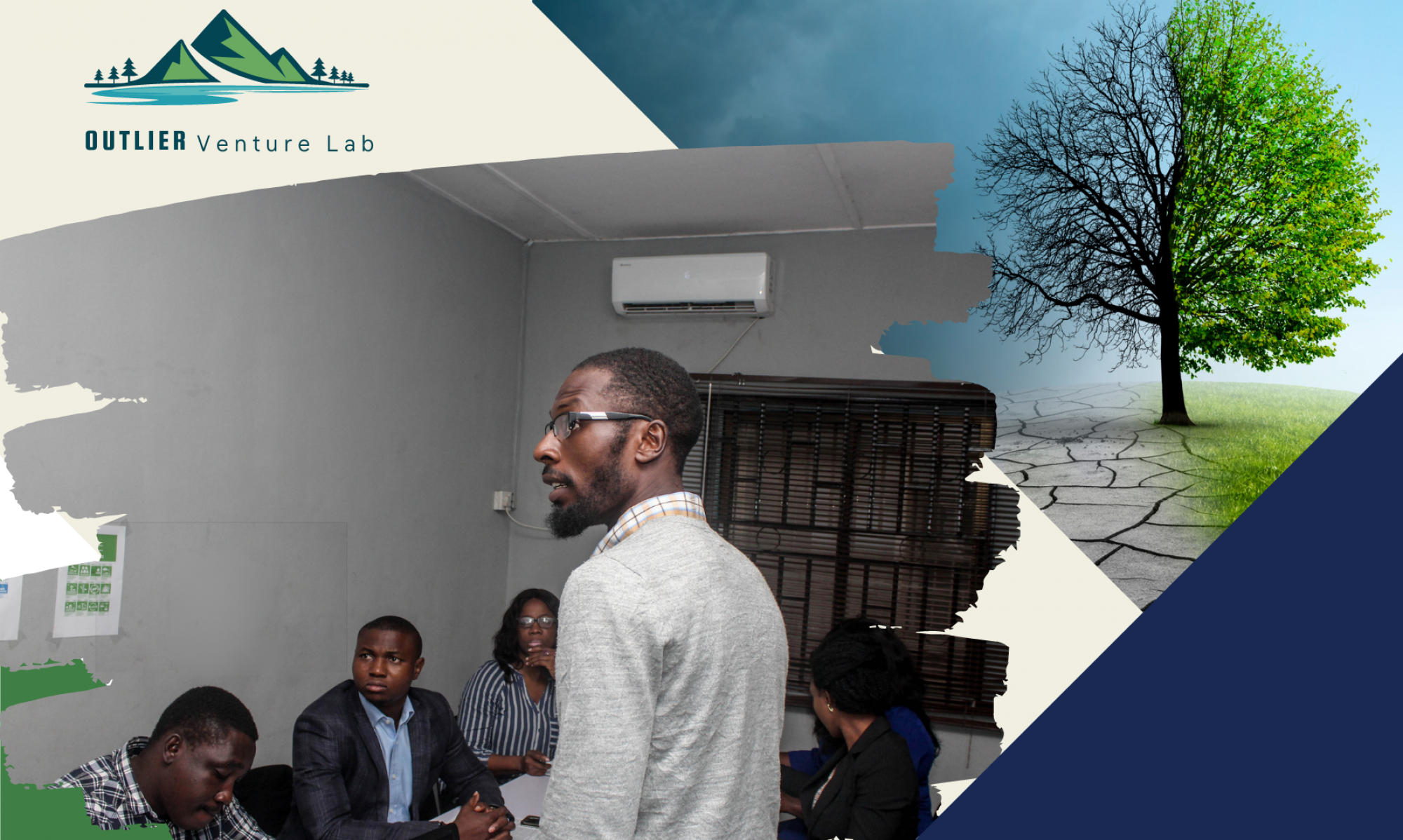“Pioneering Green Initiatives in Nigerian Mining”
Published on November 3, 2023 by SustainableMiningNaija
Introduction
The mining sector in Nigeria has long been a cornerstone of the nation’s economy, supplying vital raw materials for various industries. However, the environmental consequences and associated carbon emissions have raised serious concerns. In response, we’ll delve into the urgent need for decarbonization within the Nigerian mining value chain, drawing inspiration from actual companies operating in the country.

The Mining Value Chain in Nigeria
The mining value chain encompasses exploration, extraction, processing, and transportation of minerals and metals. It involves exploration companies, mining operators, metal refineries, transportation firms, and off-takers. In Nigeria, the focus primarily revolves around minerals such as coal, limestone, and metals like iron ore, which are fundamental for the country’s industrial development.
Decarbonization Imperative: Real Stories
- Mining Operations: Consider Dangote Cement, a company that plays a pivotal role in Nigeria’s mining sector. Their mining operations employ heavy machinery, but to combat emissions, they’ve embraced cleaner technologies and renewable energy sources. This transition is significantly reducing the carbon footprint associated with mining in Nigeria, demonstrating their commitment to sustainability.

Metal Refining: Ajaokuta Steel Company, a leading name in steel production in Nigeria, is another shining example. They have invested in energy-efficient processes to curtail carbon emissions. This involves adopting advanced technologies and eco-friendly practices, thus actively reducing their environmental impact.

Transportation: Transporting minerals and metals across Nigeria traditionally relied on conventional diesel-powered vehicles. However, Julius Berger, a prominent construction company deeply intertwined with metals and materials, is leading the charge by incorporating electric vehicles (EVs) into their heavy haulage fleet. This eco-conscious shift is significantly cutting down emissions during transportation.

Regulatory Landscape
Nigeria’s environmental regulations are evolving to confront carbon emissions and pollution within the mining sector. The government is enforcing stricter standards and pushing for the adoption of cleaner technologies and sustainable practices. Compliance with international agreements such as the Paris Agreement further underscores the urgency of decarbonization.
Risks and Rewards: A Balancing Act
The journey towards decarbonization in Nigeria’s mining industry brings both risks and rewards:
Risks: Companies that hesitate to adapt may face increased operational costs and potential regulatory penalties. However, these risks are outweighed by the potential rewards.
Rewards: Companies that wholeheartedly invest in decarbonization enjoy enhanced environmental sustainability, long-term cost savings, and a competitive edge in international markets that prioritize sustainable products.
Role of Renewable Energy Solutions: Illuminating the Way
- Solar Power: Dangote Cement’s investment in on-site solar power is a beacon of hope. By harnessing solar energy, they are not only reducing emissions but also cutting down on energy costs, making their operations more efficient and environmentally friendly.

Wind Power: Nigeria’s first wind farm, operated by Lekela Power, is supplying clean energy to various industries, including mining. This groundbreaking initiative showcases the potential of wind power in decarbonizing the entire mining value chain.

Challenges in Using Gas
While natural gas is considered a cleaner alternative, Nigeria grapples with limited infrastructure and access to gas resources. Companies like Shell Nigeria are working tirelessly to innovate and find ways to mitigate emissions during gas production, paving the way for a greener future.

Vertical Re-integration and Reducing Emissions: A Bold Leap
Julius Berger, a major player in construction and materials, has boldly embraced the integration of electric vehicles for heavy haulage. This move is not only reducing carbon emissions but also promoting sustainable transportation throughout the mining value chain.

Green Hydrogen as a Transformative Fuel
The potential of green hydrogen as a transformative fuel extends to Nigeria. Companies in the country, such as Dangote Group, are exploring its use to power industrial processes and drastically cut down carbon emissions, presenting an exciting frontier in the quest for sustainability.

Conclusion
The imperative to decarbonize the mining value chain in Nigeria is an increasingly urgent one, and the industry is stepping up to the challenge. Real-life stories of Nigerian companies showcase practical steps being taken to reduce carbon emissions, adopt cleaner technologies, and transition towards a more environmentally sustainable mining sector. These inspiring initiatives not only benefit Nigeria’s sustainable development but also position Nigerian companies as trailblazers in environmentally responsible practices.
Stay tuned for more updates on sustainability in the Nigerian mining industry! Subscribe to our newsletter and follow us on social media for the latest developments.
